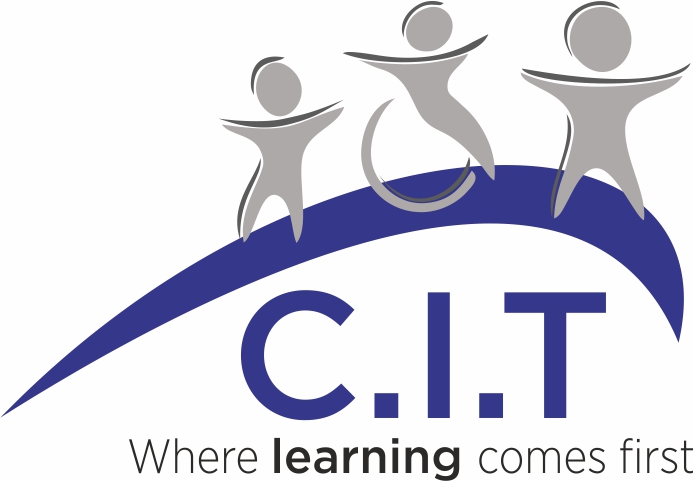Geography
The Geography department at Carre's is situated in two specialist teaching rooms in the main teaching block (Rooms 19 and 22).
Staff
- Miss E Chaddock (Head of Geography)
- Mr J Holland
- Mr M Wilson
- Mrs M Brook
Resources
The department is well resourced with various textbooks for both GCSE and A Level courses, a Geography Library for use by Year 12 and 13 students, and access to GeoFile, ‘Geo Factsheets’ and recent issues of ‘Geography’, ‘Wide World’ and 'Geography Review' magazines.
The department also holds a wide range of fieldwork equipment including flow vanes, data loggers and sensors, ranging poles, tape measures and clinometers.
A suite of 30 networked PCs and a colour printer are also found in Room 19. The department also makes use of digital map data in its schemes of work in all key stages.
Schemes of Work
Key Stage 3
Year 7, the Units of Work include New Zealand, Map Skills, Geology, Regeneration and Weather and Climate. In Year 8, the students will study Rainforests, Coastal Environments, Development and Migration, Africa and Climate Change. In Year 9 students investigate Plate Tectonics, Extreme Geography, Crime and Urban Environments with a focus on Rio.
Key Stage 4
The department offers the AQA GCSE specification.
The course covers 3 themes:
- Physical Geography: Volcanoes and Earthquakes, Tropical Storms, UK Extreme Weather, Climate Change, Rivers, Glaciation, Ecosystems, Tropical Rainforests and Cold Environments.
- Human Geography: Population Growth, Urban Areas, Urban Growth, Urban Change in the UK, Economic Development and Resource Management: Food, Water or Energy.
- Geographical Applications: Fieldwork, Cartographic (map) Skills, Graphical Skills, Numerical Skills and Statistical Skills
Key Stage 5
The department offers the Edexcel GCE Geography specification as part of the Sleaford Joint Sixth Form.
In Year 12, The Physical and Human Geography Units includes work on Natural Hazards, Coasts, Globalisation and Regenerating Places. The Geographical Investigation is also started in the summer of Year 12 where there are 4 days of fieldwork with a written report centering on one of the fieldwork areas is written. This part of the course is worth 20% of the final A Level grade.
In Year 13, the Physical and Human Geography units include the study of the water and Carbon Cyles, Superpowers and Health, Human Rights and Intervention. The A Level is assessed through 3 exam papers and the Geographical Investigation.
Fieldwork Opportunities
The department endeavors to offer fieldwork wherever possible to support classroom teaching. At present, in Year 7, all students visit The Deep in Hull as part of a trip looking at the environmental impact of plastics on the world. The Year 7 students also do some local fieldwork in Sleaford looking at Regeneration. In Year 8 all students visit Skegness to study the beach and tourist facilities. In Year 9, all students visit the Boston to study crime levels and their impact on a settlement. In Year 10 students spend some time collecting data on Regeneration for their GCSE fieldwork exam in Lincoln and then investigate the characteristics of rivers in Snipedales Country Park in Year 11. In Year 12, a two day residential visit to the Yorkshire Coast and Hull develops fieldwork skills and involves a coastal study and investigating urban issues in Hull. There are also 2 more days of filedwork in Sheffield and at the North Norfolk Coast to collect data for the Geographical Investigation.
Careers and Opportunities
You can study Geography with a large range of other subjects at GCSE and in the Sixth Form. You can then go on to one of the over 100 universities and other institutes of Higher Education offering degrees in Geography and related subjects. Geography offers key skills such as literacy, numeracy, communication, ICT and enquiry skills that are all relevant to the world of work.



